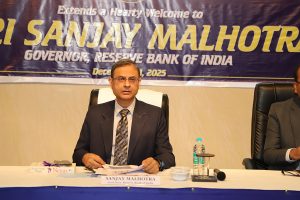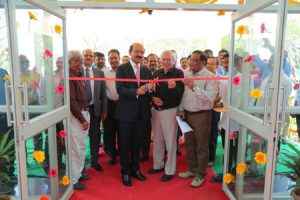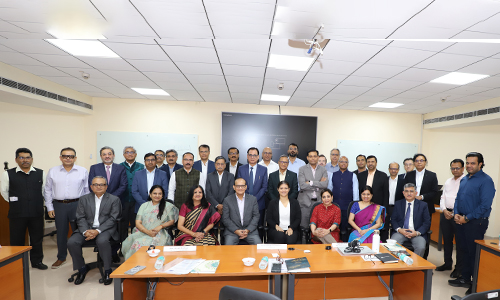
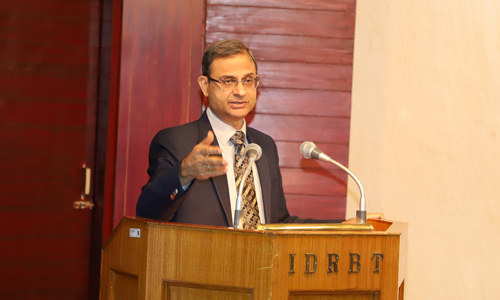
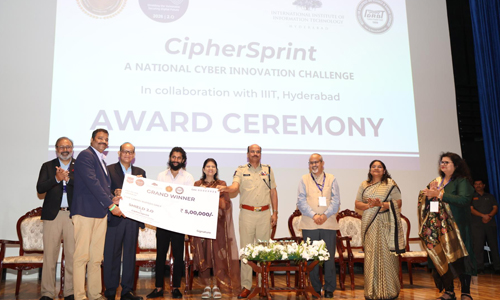
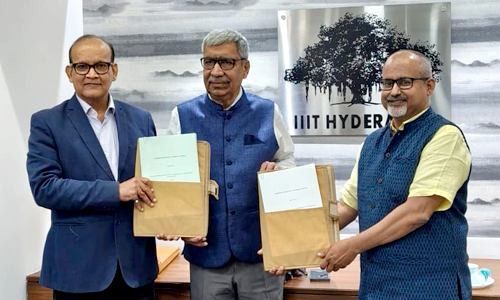
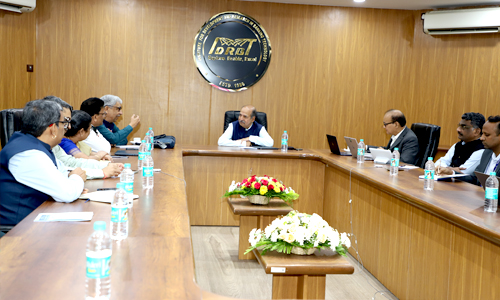
Engagement of Professionals as
Professors of Practice
Rolling Advertisement
IDRBT Summer Internship Programme (ISIP) – 2026
Apply by: April 15, 2026
Certification Programmes in
IT and Cyber Security
February – March, 2026
Executive Development
Programmes
March 2026
Research Centres
In line with the changes in the Banking and Financial Technology landscape as well as to effectively bring in the benefits of newer and emerging technologies for the Indian Banking and Financial Sector, the Institute has restructured its Research Centres. The Institute now has six new Research Centres and each of these research centres have different Labs under them, which focus on various current and emerging areas directly relevant to the Banking and Financial Sector such as Analytics, Artificial Intelligence, Machine Learning, Cyber Security, Ethical Hacking, Digital Privacy, Networks, Cloud Computing, 5G, Internet of Things, Mobile and Social Media Banking, Banking Use Case Innovation, Open Source, Quantum Safe Cryptography, Quantum Communications, Distributed Ledger Technologies and Digital Payments…
Study at IDRBT
The Forum brings together Chief Information Officers / IT Heads of banks to discuss and deliberate on common technology issues
deliberate on common security concerns in the Forum and collaboratively arrive at solutions
The Institute formed a CISO Forum exclusively for Urban Cooperative Banks (UCB) in the year 2021 and the first meet of the Forum was held on May 06, 2021
join together to find ways and means to share experiences and leverage Analytics better
IDRBT is the Certifying Authority for the Indian Banking and Financial Sector, licensed by the Controller of Certifying Authority, Government of India, for issuing Digital Certificates.
IDRBT has set up the Indian Banks Center for Analysis of Risks and Threats (IBCART), to disseminate and foster sharing of actionable threat information and security events amongst banks
The Institute offers Consultancy in various areas of Banking Technology with a view to make available the well-groomed technology expertise of the Institute to the Sector.
Other Links
Contact us
IDRBT,
Castle Hills, Road No. 1,
Masab Tank, Hyderabad,
Telangana-500057, India.
Ph: 040 2329 4999
email: publisher@idrbt.ac.in



























